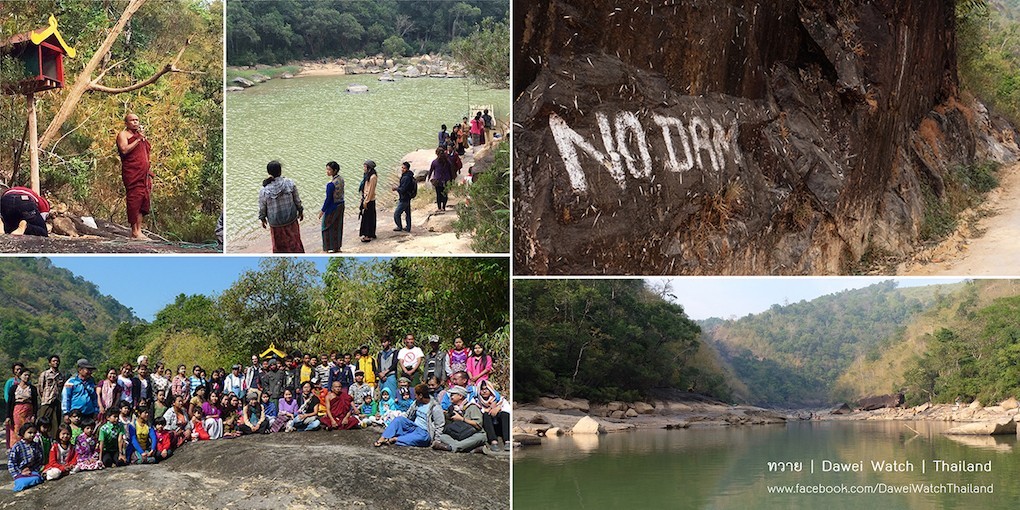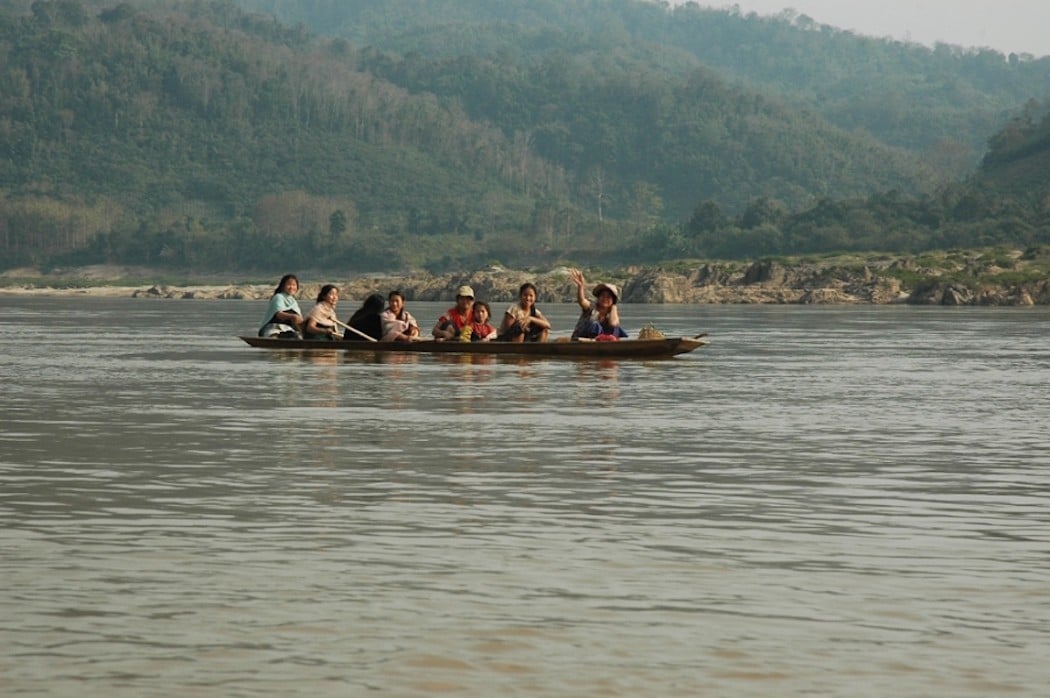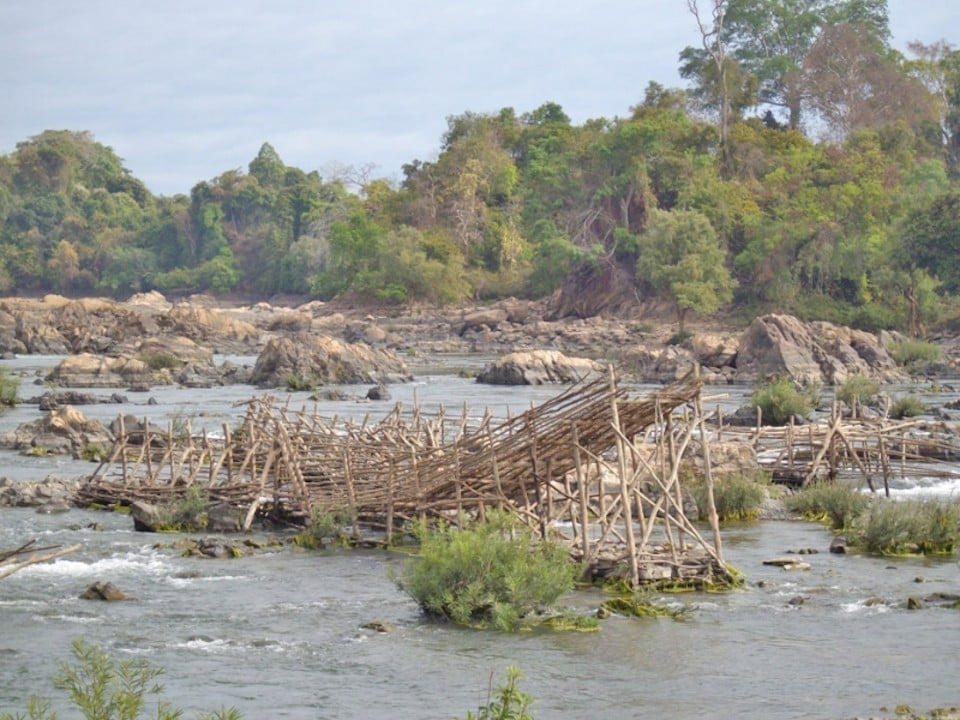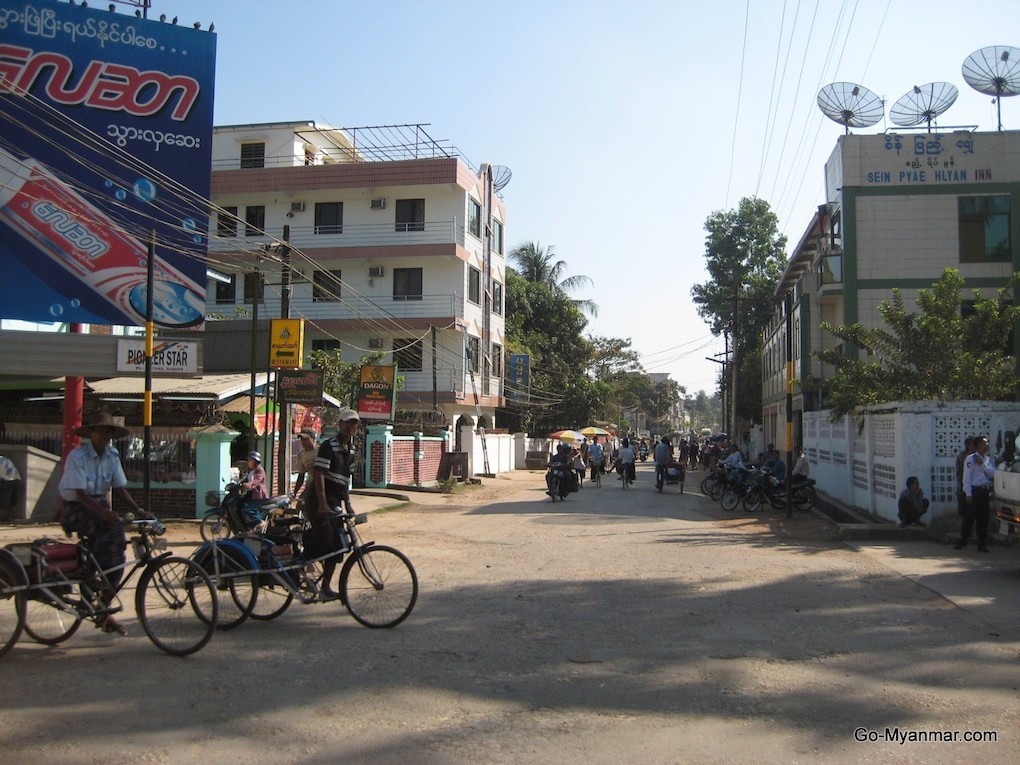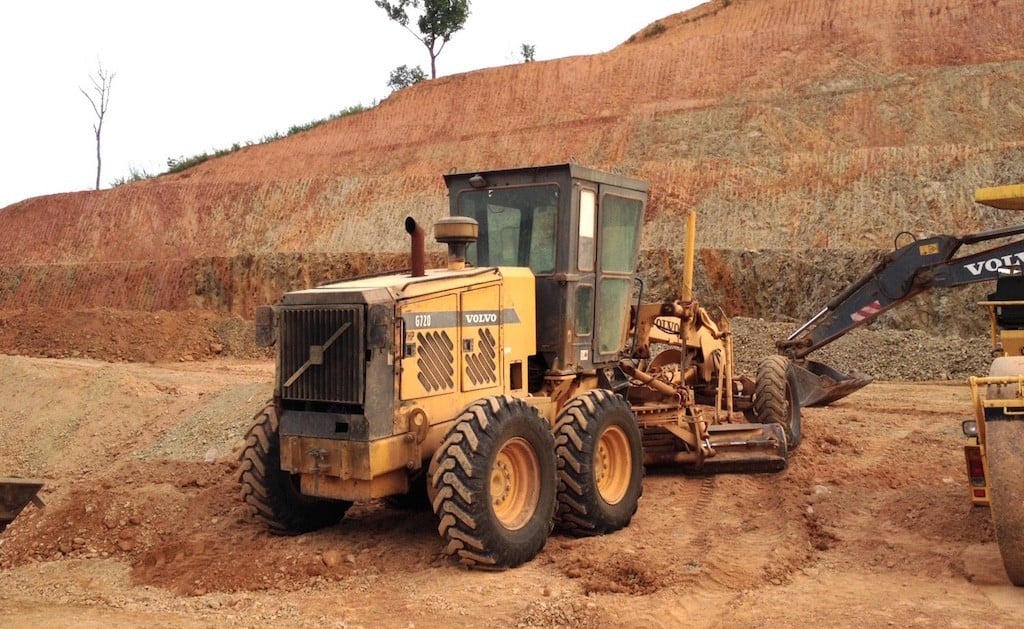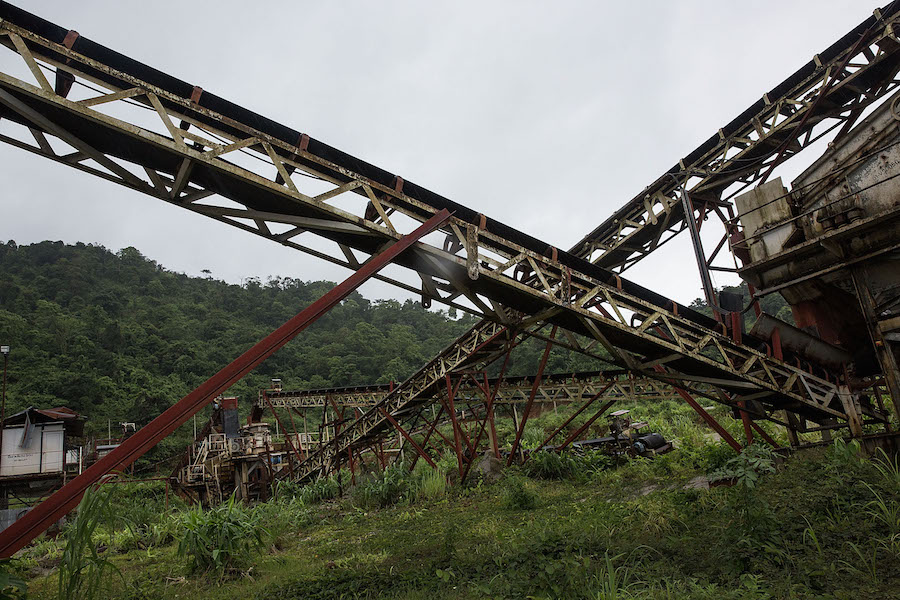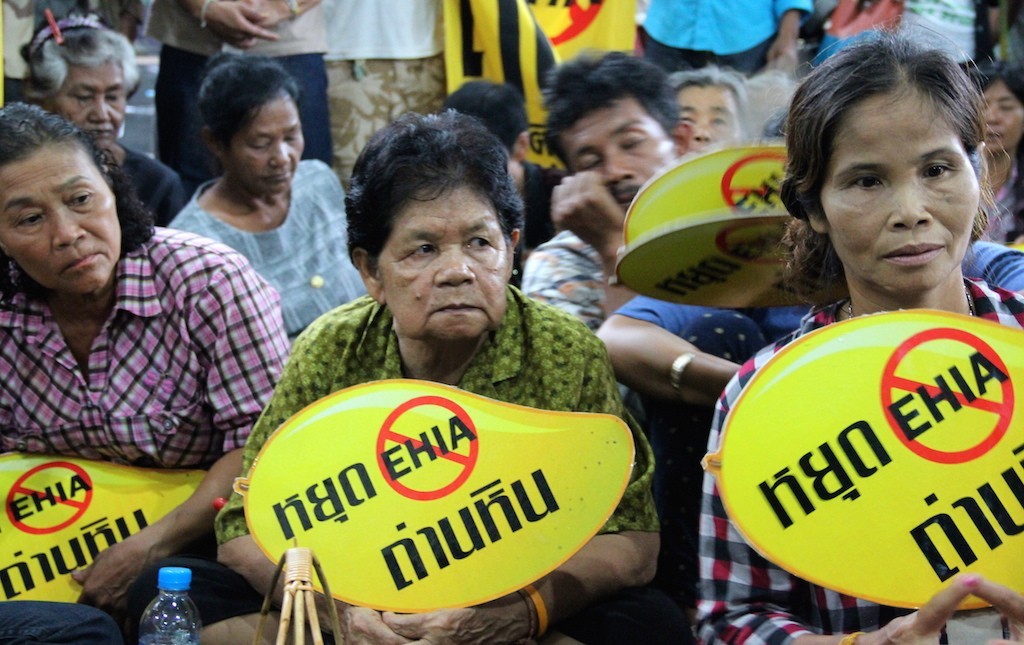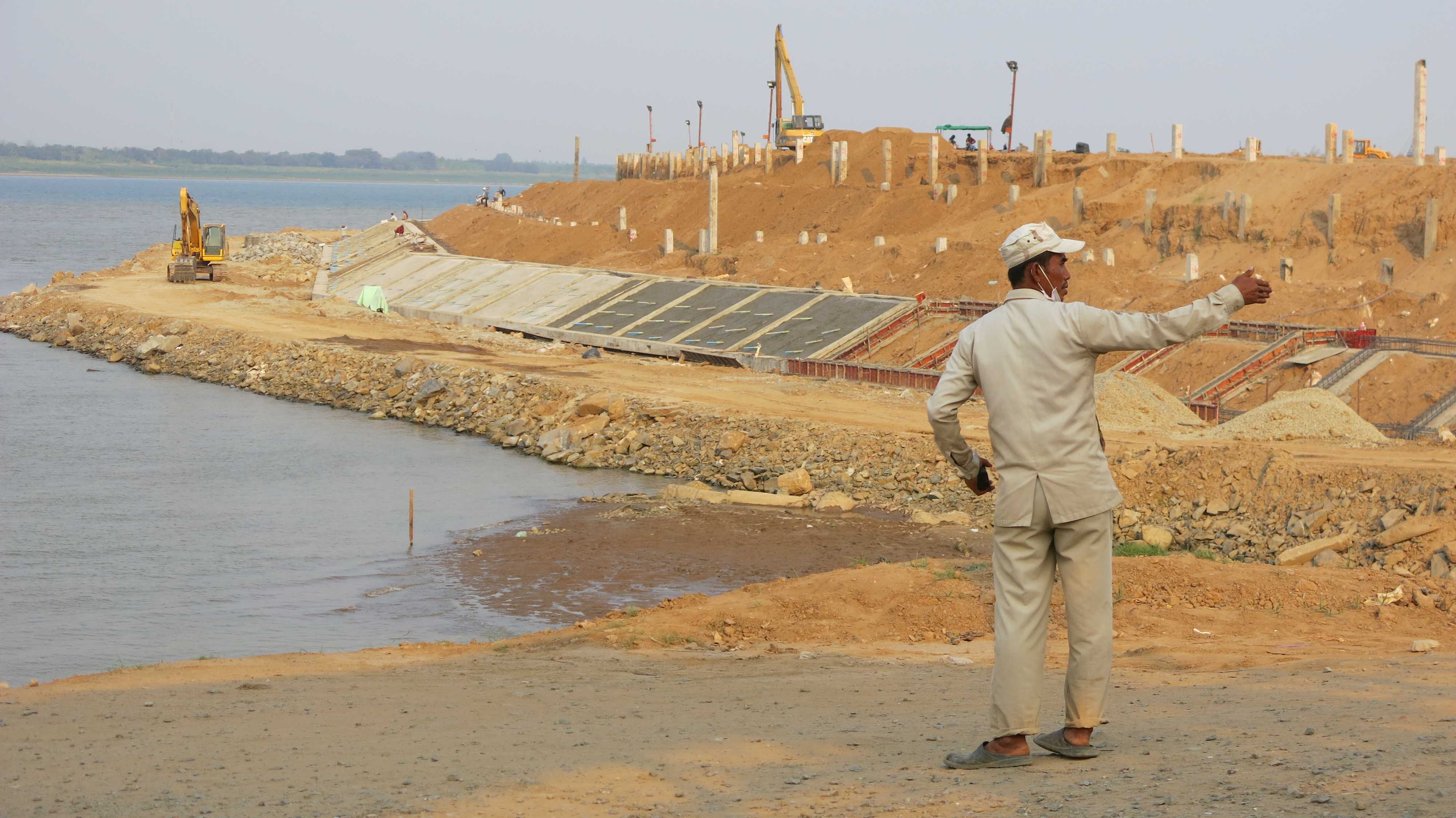More than 200 representatives from Kalonehtar village in Dawei organized a spiritual ceremony last week to symbolize their ongoing protest against the mega Dawei Special Economic Zone to be built under a joint venture deal between the Thai, Maymar and Japan governments. Under the current project plan about 1,000 villagers would be resettled to pave way for a reservoir to feed the new industry complex.
“We believe that we have the right to determine our own sustainable future on our native lands,’ they declared. “We, the Kalonehtar villagers, will not move from our native place and we will not accept any project that does not respect our right to Free, Prior and Informed Consent. We do not support any part of the Dawei SEZ project.”


